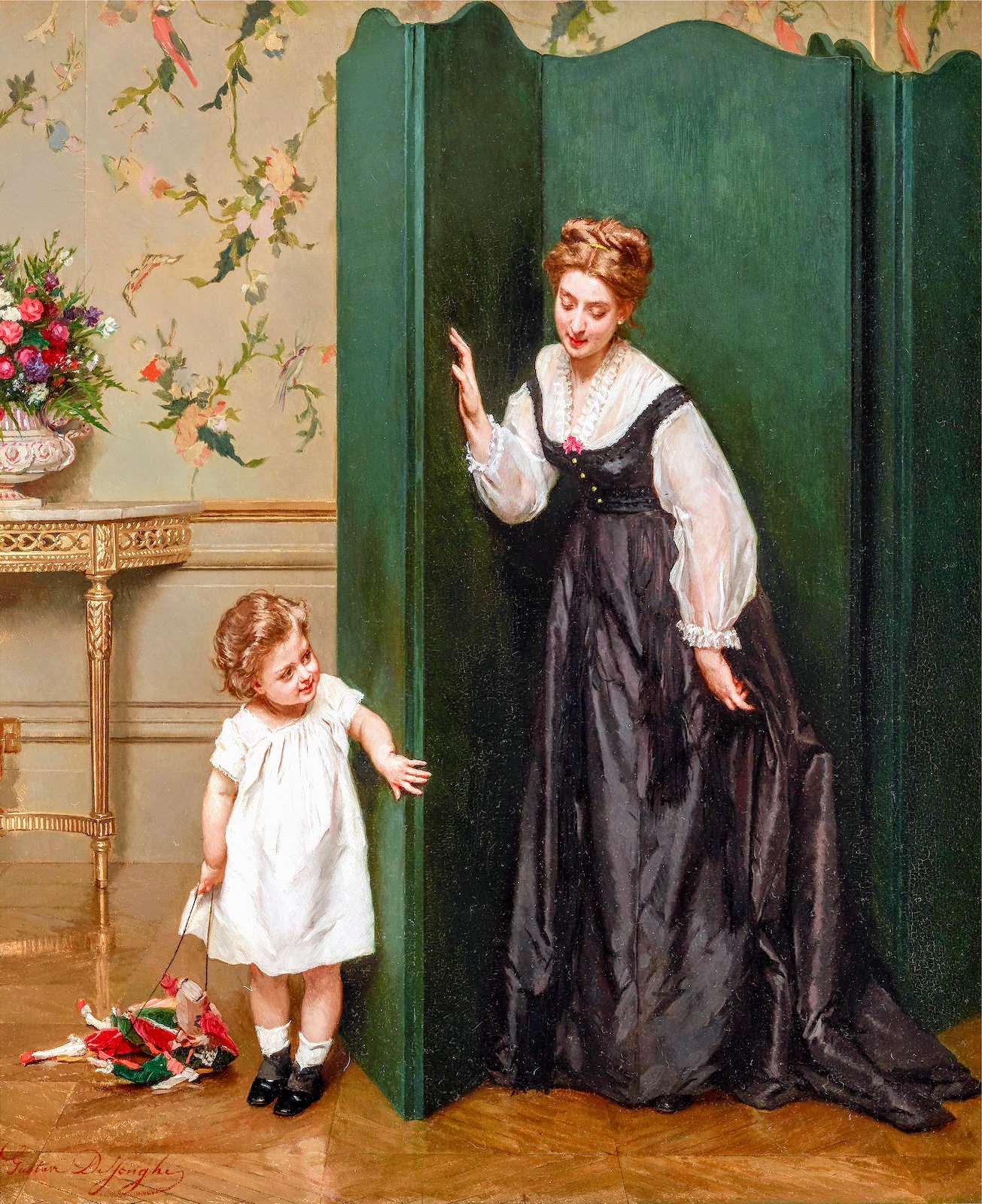Kids start playing pretend very early. According to Dr. Michael Mintz, a clinical psychologist at Children's National Hospital, most toddlers begin around their first birthday to imitate simple actions with objects that have a slight "pretend" aspect, like holding a phone up to their ear and pretending to talk with someone, for example.
"By 18 months, many children are starting to perform simple pretend play, often by caring for baby dolls or stuffed animals as their parents care for them - and younger babies - by pretending to feed them with a bottle, spoon-feed them, or rock them to sleep," said Dr. Mintz.
At first, many play routines are rooted in imitation and pretend play will become more and more elaborate in the upcoming months. Language skills and pretend play tend to develop in parallel. As toddlers learn more complex language, they also get better capacity to invent alternatives to what is in front of them.
Most parents encourage their kids to put their prolific imagination in practice and like to watch them in their roles as novice actors. This kind of behavior also has another big advantage since pretend play is a key stage in the optimal development of a child. And, even more for those who might be considering a professional career on the real stage!

Picture: Playing Peek-a-Boo, by Gustave Léonard de Jonghe (Wikimedia Commons, w/Effects)



